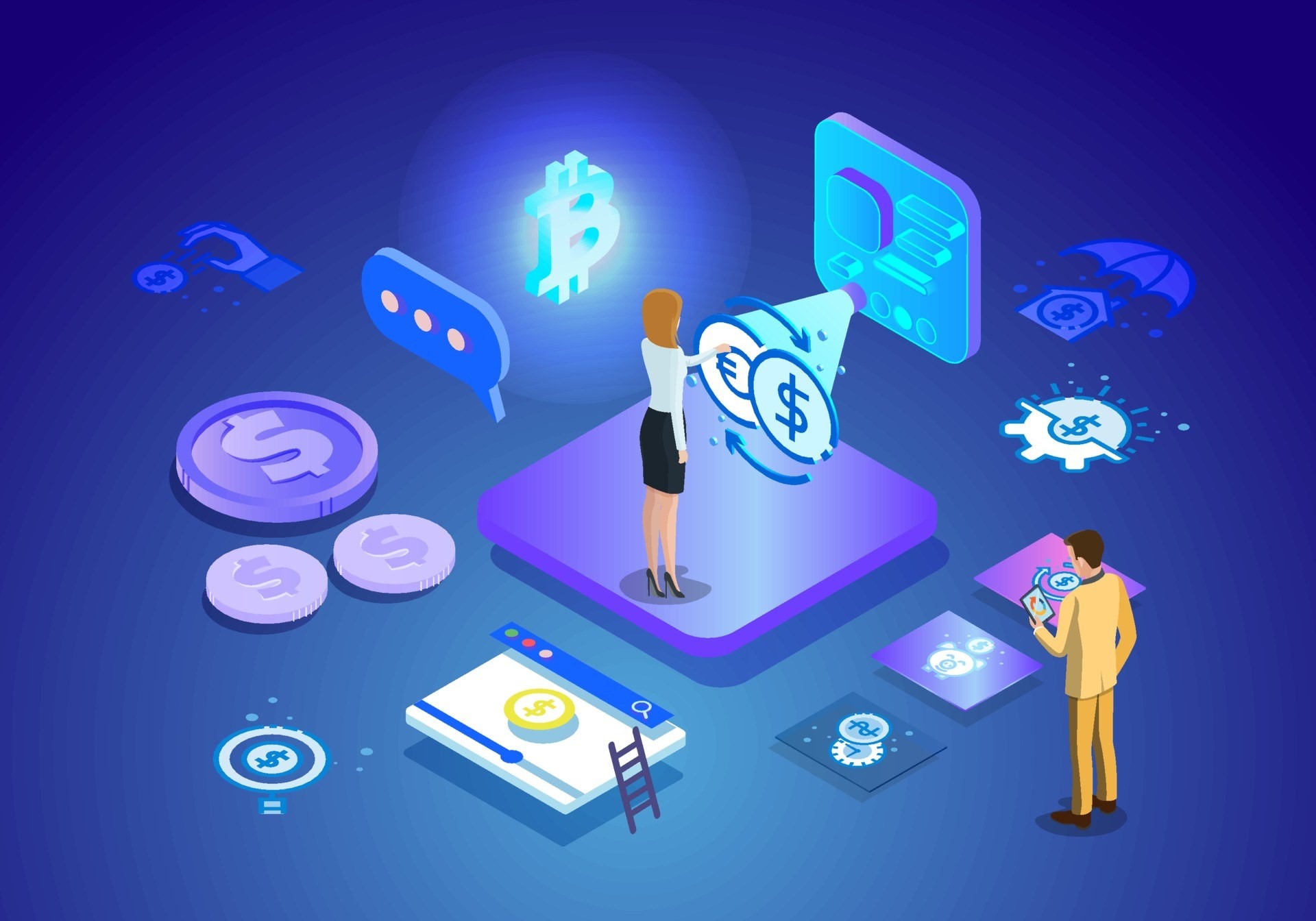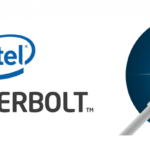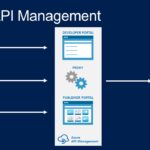Are you interested in the newest technological advancements and how they are changing the world? The way we live, work, and connect with one another is changing as a result of several fascinating breakthroughs, from artificial intelligence to blockchain and distributed ledger technology.
In this article, we’ll examine some of the most fascinating and interesting technologies of our day, describing how they operate and outlining the possible uses they may have in a variety of fields. We’ll talk about the advantages and difficulties of these technologies, as well as the moral questions raised by their application.
Blockchain and Distributed Ledger Technology
Blockchain and distributed ledger technology (DLT) are two of the most intriguing and ground-breaking technologies of our day. They have the potential to dramatically change a number of industries, including banking, supply chain management, and healthcare.
Fundamentally decentralised systems, blockchain and DLT make it possible for multiple parties to share data and information in a secure, public, and transparent manner without the need for intermediaries. Because they use strong cryptography to safeguard the security and integrity of data, they are ideal for use in circumstances where trust and transparency are crucial.
The most well-known usage of blockchain is the cryptocurrency Bitcoin, which facilitates transactions between parties through a blockchain-based system. Blockchain, however, offers a wide range of potential uses outside of cryptocurrencies, such as supply chain management, digital identification, and voting systems.
The ability to conduct secure, tamper-proof transactions between participants without the use of middlemen like banks or other financial organisations is one of the main advantages of blockchain and DLT. In addition to lowering transaction costs and times, this can also improve the process’ security and transparency. Blockchain may be used, for instance, in supply chain management to follow the transit of items from the producer to the final consumer, offering real-time visibility into the status and location of things. This makes it possible for organisations to react swiftly to any problems that may occur and can assist to lower the risk of fraud and mistakes.
Blockchain technology in healthcare may be utilised to develop safe and impenetrable digital medical records, guaranteeing that patient information is kept private and shielded from unauthorised access. This can lessen the chance of data breaches and guarantee that patients get the best care possible.
Artificial Intelligence (AI)
AI is a rapidly advancing field of computer science that is focused on creating machines that can think and learn like humans. At its core, AI is about developing algorithms and systems that can recognize patterns, learn from data, and make decisions based on that information.
AI has many potential applications across a wide range of industries, including healthcare, finance, and manufacturing. In healthcare, for example, AI can be used to analyze patient data and make predictions about disease risk, enabling doctors to develop more personalized treatment plans.
In finance, AI can be used to automate financial transactions and improve risk management, helping financial institutions to identify potential risks and opportunities before they become a problem. In manufacturing, AI can be used to optimize production processes, reducing waste and improving efficiency.
One of the key benefits of AI is its ability to learn and adapt over time. This allows AI systems to improve their performance and accuracy as they are exposed to more data and information, making them ideal for use in applications where complex decision-making is required.
Internet of Things (IoT)
The Internet of Things (IoT) is another technology that is transforming trade finance. IoT devices, such as sensors and trackers, can be used to monitor the movement of goods and provide real-time data on their location, condition, and other important metrics.
By integrating IoT data with trade finance processes, businesses can gain greater visibility and control over their supply chain, reducing the risk of delays, disruptions, and losses. This can help to increase the efficiency and reliability of trade finance, making it easier for businesses to manage their operations and access funding.
Conclusion
In conclusion, technology is revolutionizing trade finance in 2023, offering new solutions that can streamline and optimize processes, reduce costs, and increase efficiency. From blockchain to AI and IoT, the latest technologies are transforming the industry and providing businesses with new opportunities to grow and expand their operations.
As the world becomes more interconnected, trade finance will continue to play a critical role in facilitating international trade. By embracing these new technologies, businesses can unlock the full potential of trade finance, creating new opportunities for growth and innovation in the years to come.









